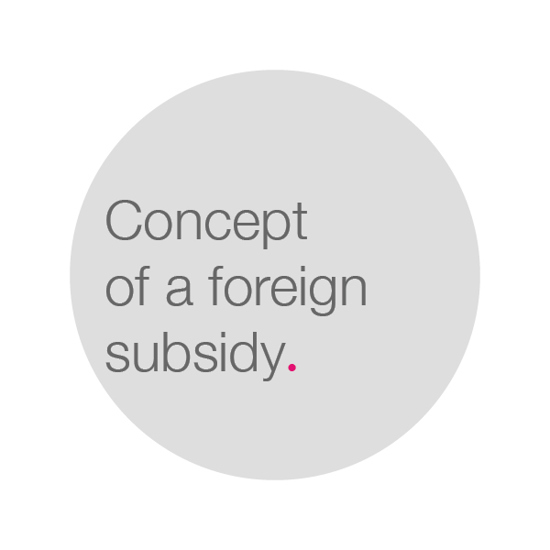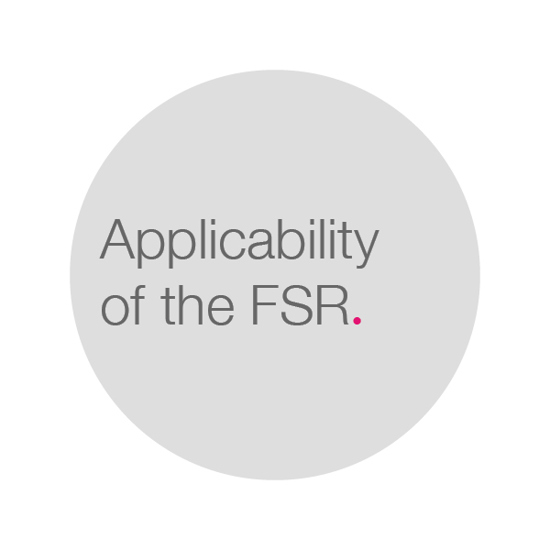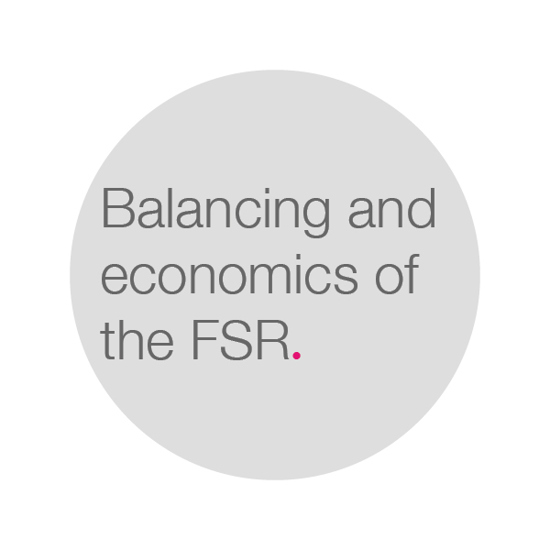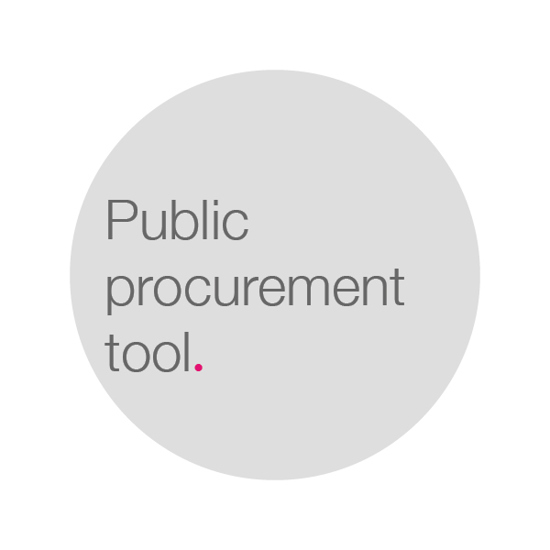The EU foreign subsidies regulation (the "FSR") is a major step by the EU in tackling distortions of the internal market by subsidies from non-EU countries. It will significantly impact large deals and public tenders, but may also affect other market situations, such as smaller mergers and acquisitions. Such a far-reaching piece of EU legislation impacting businesses – and especially M&A practice – across the globe merits a closer look. On this page, you will find a special series of insights into all the relevant aspects of the FSR.
Throughout our FSR Legal Insight series, we are looking at the most relevant aspects one by one:
What is a foreign subsidy?
As its name suggests, the FSR targets foreign subsidies. A foreign subsidy in the context of the FSR is essentially understood as a selective financial contribution by a third country which confers a benefit to an undertaking engaging in economic activities in the internal market.


The FSR M&A tool
The M&A tool will apply to mergers, acquisitions and the formation of joint ventures. Transactions must be notified for prior approval by the EC where notification thresholds are met, but the EC can also call-in transactions that remain below the applicable thresholds.
Effectiveness of the FSR
The effectiveness of the FSR is phased into two dates – 12 July 2023 and 12 October 2023 (for M&A notifications).


The FSR general tool
The FSR also includes a general "catch all" market investigation tool, covering all market situations not covered by the M&A and the public procurement tools.
FSR balancing test
Once a distortion has been identified, the negative and positive effects of the foreign subsidy will need to be balanced (balancing test). As the outcome of the proceedings will depend on the result of the balancing test, it is essential to understand what positive and negative effects of foreign subsidies will be measured.


Private enforcement?
While it is a public law instrument primarily entrusting its enforcement to the EC, its private enforcement remains an open question.
The FSR public procurement tool
The public procurement tool focuses on large public procurement procedures. If the estimated value of the contract exceeds the threshold, the bidders must notify their financial contributions. The EC may also call-in notifications from bidders in below-threshold procedures. The review of notifications precludes the awarding of the contract to the notifying bidders.

Volker
Weiss
Partner
belgium / EU
Jan
Kupčík
Counsel
czech republic







